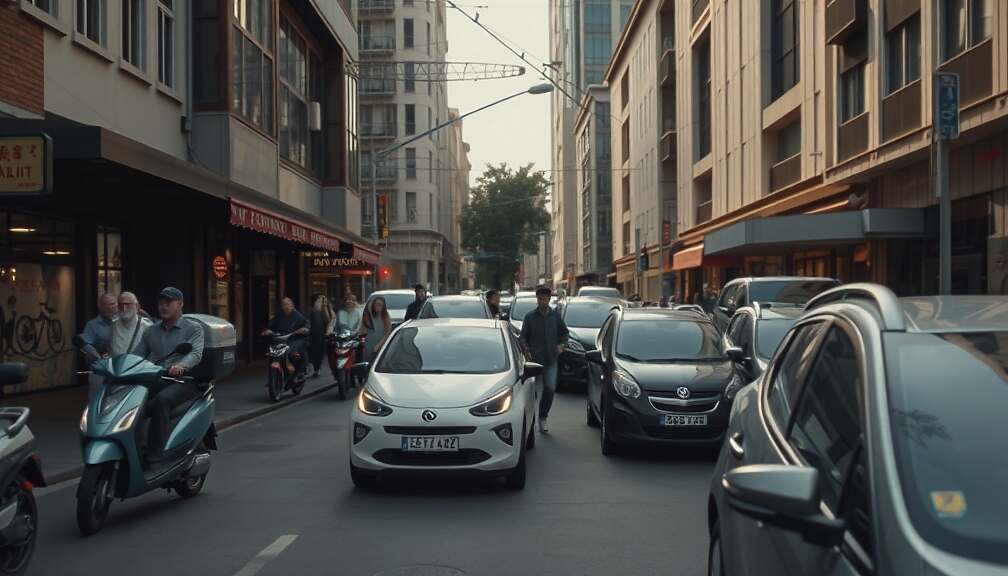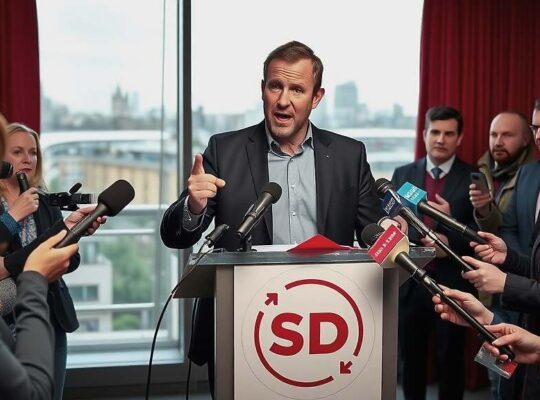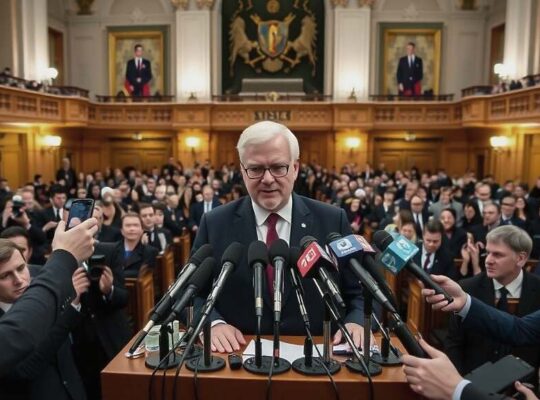Leading figures from Germany’s two major parties, the Christian Democratic Union (CDU) and the Social Democratic Party (SPD), are advocating for significantly enhanced incentives to encourage the purchase of electric vehicles. The aim is to facilitate the transition to climate-friendly mobility while simultaneously safeguarding Germany’s automotive industry, according to statements released to the Handelsblatt newspaper.
Sepp Müller, deputy chairman of the CDU/CSU parliamentary group, emphasized the importance of implementing the incentives initially outlined in the governing coalition agreement. He stated that doing so is crucial to bolster Germany’s position as a leading automotive hub.
Sebastian Roloff, the SPD’s spokesperson for economic policy, echoed this sentiment, highlighting the need for concrete outcomes from an upcoming automotive industry dialogue scheduled for October 9th at the Chancellery. “This dialogue must lead to clear agreements regarding the framework conditions the state can provide” Roloff told the Handelsblatt. He further stressed the necessity of a strong commitment to electric mobility and ongoing support in the form of the previously agreed-upon purchase incentives.
Both Müller and Roloff have voiced their support for extending the current exemption from vehicle tax, which is set to expire at the end of the year, until 2035. Other incentives outlined in the coalition agreement include the introduction of “social leasing” programs, a substantial expansion of the charging infrastructure with a focus on rapid charging capabilities and commercial depot charging and the continued promotion of hybrid vehicles. Previous attempts to implement these measures have been hampered by budgetary constraints.












